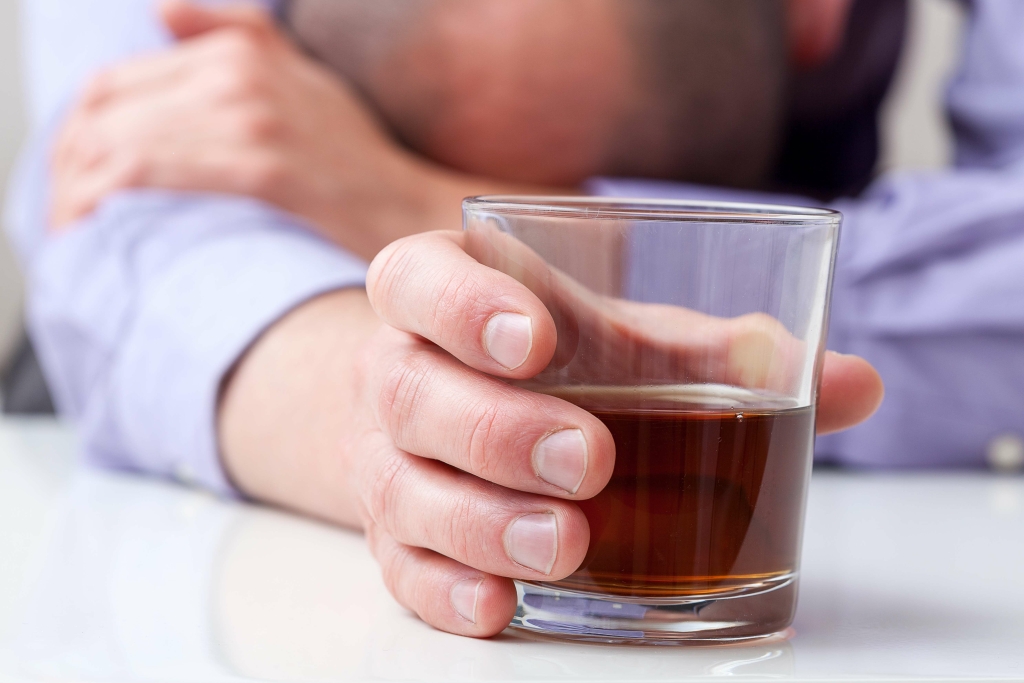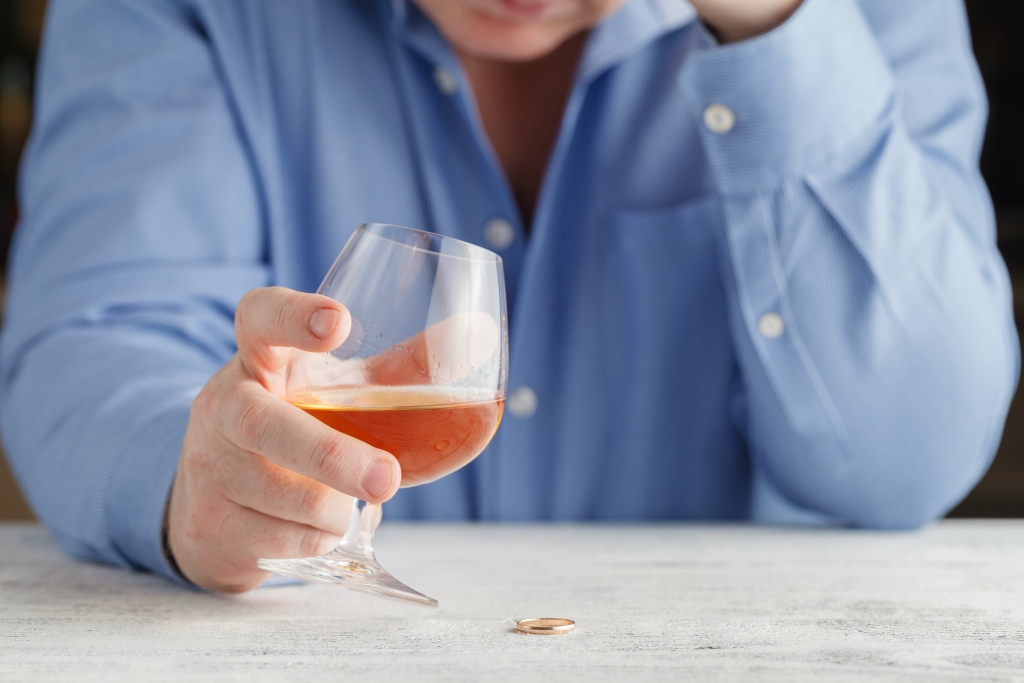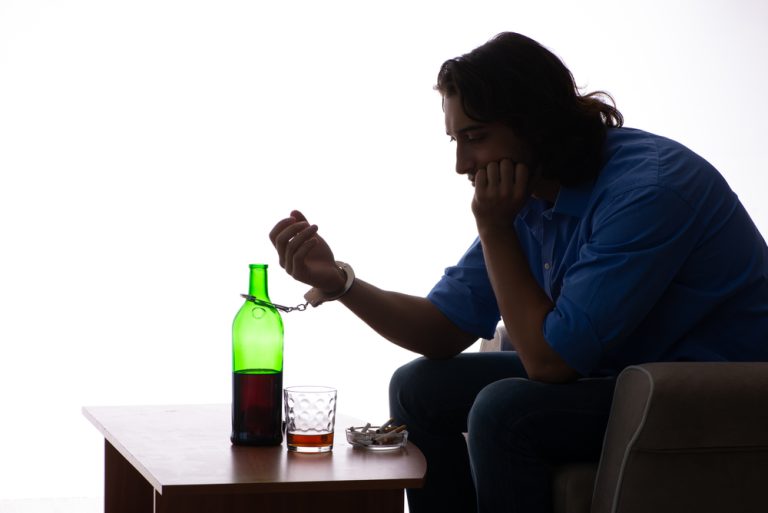Adult Children of Alcoholics: Healing from Childhood Trauma
If a child’s parent was mean or abusive when they were drunk, adult children can grow up with a fear of all angry people. They may spend their lives avoiding conflict or confrontation of any kind, worrying that it could turn violent. Conversely, Peifer notes that some children who grow up in these environments may become more attention-seeking in order to fulfill the needs their parents couldn’t meet. They might eventually form unstable or unhealthy attachments to others, partially because these bonds feel familiar.
Children of alcoholics are also more at risk of emotional, physical, and sexual abuse. As well as these issues, when a parent is an alcoholic, home life is often chaotic. Although people with AUD aren’t “bad” people (or “bad” parents), their alcohol use can create a home environment not suited for a child. A 2021 study shows that parental alcohol abuse significantly increases the chance of having a dysfunctional family environment.
The Impact of Growing Up with an Alcoholic Parent
Childhood victimization may lead to low self-esteem and the subsequent use of alcohol to deal with negative cognitions. It also is possible that victims of childhood abuse feel that their experiences make them “different” from other children and lead them to withdraw from healthier social circles toward fringe groups, where alcohol use is more accepted. In any case, given that victims of child abuse are more likely to develop alcohol use disorders as adults, early intervention, prevention, and training for parents are all important in interrupting this cycle of violence and alcohol problems. Growing up in an alcoholic home can have long-term, damaging effects on the emotional and psychological well-being of a child. These long-term effects can include higher levels of anxiety, depression, and other mental health issues, as well as difficulties with forming healthy relationships and engaging in positive behaviors.
Children of a parent with AUD may find themselves thinking they are different from other people and therefore not good enough. Consequently, they may avoid social situations, have difficulty making friends, and isolate themselves. Our experts continually monitor the health and wellness space, and we update our articles when new information becomes available. Rebecca Strong is a Boston-based freelance writer covering health and wellness, fitness, food, lifestyle, and beauty.
Alcohol Use in Families: Impact on Adult Children
We fit a generalized linear model with binomial errors and identity link to the prevalence data and found no evidence that parental alcohol abuse modified the relationship between ACE score and current depression. The findings for the variable «depressed affect in the past year» were nearly identical to those for current depression. The adverse 10 ways to control high blood pressure without medication nch healthcare system childhood experiences study was based at Kaiser Permanente’s San Diego Health Appraisal Clinic, where more than 50,000 adults receive standardized examinations annually. The health appraisals used at the clinic include completion of a standardized medical questionnaire, a physical examination, and review of laboratory results with the patient.
- Our study showed that the risk of mental illness, drug abuse, and suicide attempts in the household was strongest when the mother was an alcoholic and that the risk did not significantly increase when both parents were alcoholics.
- As you might imagine, being a control freak can lead to problems with intimate relationships.
- Below, you’ll find seven potential ways a parent’s AUD can affect you as an adult, along with some guidance on seeking support.
- However, even when studies control for demographic differences, family discord, and parental pathology, the specific relationship between childhood abuse and the development of substance use disorders holds true.
- Many ACoAs have trouble both forming and maintaining healthy relationships,15 especially romantic ones.
They make a significant impact on day-to-day life and long-term health and happiness. For most people, a combination of therapy and medication is helpful to the recovery process. When a child drunk people feel soberer around heavy drinkers has an alcoholic parent, they are likely to see that parent act in ways that make them feel insecure. They may see their parent act out of control or are too drunk to care for themselves.
Addiction Therapy Programs
The increased risk of alcoholism reported in these studies is consistent with our finding of a 3.5- to 5.6-fold risk of alcoholism among adult children of alcoholics regardless of the extent to which they had adverse childhood experiences. Another area of research that is still in its infancy has identified physiologic and biochemical markers of familial transmission of alcoholism (29,50,51). To address these questions, we used data from more than 9,300 adults in a primary care setting who participated in the adverse childhood experiences study.
Official CPTSD Foundation wristbands to show the world you support awareness, research, and healing from complex trauma. Because their world was chaotic and out of control growing up, ACOAs tend to want to control and hyper-focus on controlling their behavior and those around them. As you might imagine, being a control freak can lead to problems with intimate relationships. It may initially feel daunting to uncover past traumas, but you can heal—and multiple pathways can help you get there. But because ACoAs didn’t have the chance to learn positive resolution skills, conflict can quickly trigger aggressive behavior. Or you may be conflict avoidant, meaning you handle conflicts by pretending they don’t exist.
CPTSD Foundation supports clients’ therapeutic work towards healing and trauma recovery. By participating, our members agree to seek professional medical care and understand our programs provide only trauma-informed peer support. Setting and enforcing healthy boundaries is also critical to healing, as one can fight off anyone who would interfere with your healing. As an adult, ACOAs have the right to build boundaries and expect others to observe them, even the person’s parents. Children of alcoholic parents deserve and have the fundamental right to confront their past, speak honestly of its impact, and make a better future for themselves.
There are several different signs and symptoms of PTSD and trauma exhibited by adult children of alcoholics. Similar to PTSD, any one symptom can be problematic and can have a negative impact on the quality of life for the individual. In addition to the higher rate of selecting an alcoholic 8 best detox alcohol and drug rehabilitation centers in california partner, ACOAs are also more likely to experience the symptoms of trauma. Dr. Tian Dayton, a clinical psychologist, reports the impact of this trauma on a child and how the environment in which these children grow up directly reflects the major factors contributing to PTSD.
The ACA has group meetings (based on the 12-step principles of “Alcoholics Anonymous”) that are specifically designed to help adult children overcome the lasting damage of parental drinking. One of the most common issues reported was a lack of trust in adults (more than 1 in 5). It’s estimated that about 1 in 10 children (7.5 million) have lived with at least one parent with alcohol use disorder, based on a 2017 report from the Substance Abuse and Mental Health Services Administration (SAMHSA). Both behavioral and pharmacological interventions are important to consider in the treatment of alcohol dependence and trauma/PTSD (Davis et al. 2006; Weiss and Kueppenbender 2006). To date, most empirical studies of behavioral or pharmacological agents have investigated the treatment of either alcohol dependence or PTSD alone. Even if you don’t have a diagnosed mental health condition, the trauma of your childhood can affect you in many ways.
Mental Health Issues
Behavioral therapies are another option for ACoAs.23 Treatments like cognitive behavioral therapy (CBT) can help you learn new ways to resolve conflict, communicate your needs, and cope with stress. Your therapist will teach you how to identify and monitor your emotions and give you strategies to deal with unwanted feelings like relaxation techniques. The goal is to interrupt your regular patterns of reacting to emotional situations and replace them with more positive behaviors.
One of these types, termed Awkward/Inhibited by researchers, was characterized by feelings of inadequacy and powerlessness. A parent’s alcohol use disorder (AUD) can have a major impact on your mental and emotional well-being — not just in your childhood, but also well into your adulthood. Adult children of alcoholic parents are resilient, thriving in the wake of the conflict they experienced when they were children, and it is time that you utilize that resilience to change your life for the better and become a thriver. Getting treatment for any addictions the adult child of an alcoholic has formed is vital to healing. To continue to abuse oneself only carries on the legacy of those who hurt you and gives them power over your life even if they are now deceased. The journey adult children of alcoholics have traveled until they begin healing may seem complicated and difficult, but healing is not only possible but is probable.






